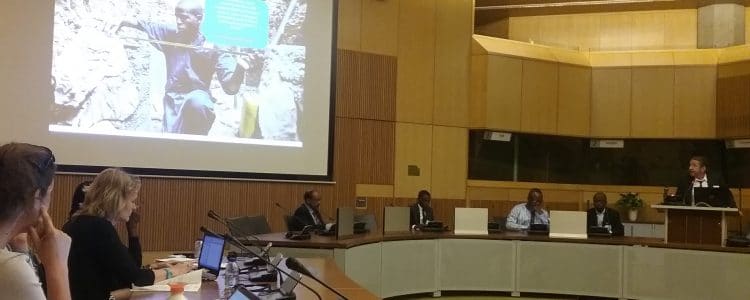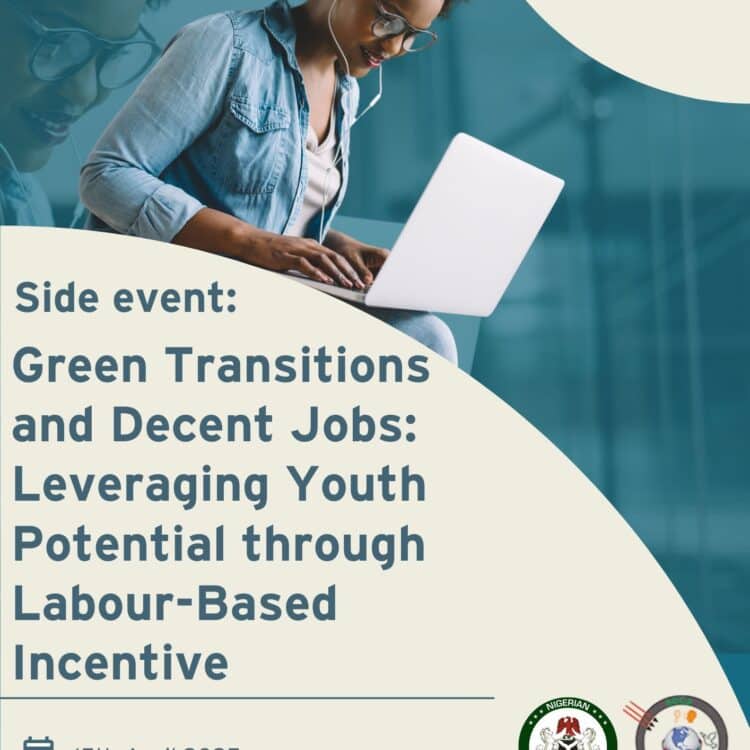
On 30 May 2017, INCLUDE and the Ministry of Foreign Affairs hosted the conference ‘Boosting youth employment in Africa: what works and why?’ in The Hague.
The conference highlighted that agriculture is making a comeback in Africa. However, decent and rewarding formal jobs are rare. Mixed livelihoods and self-employment are dominating the scene. Entrepreneurship is often born out of necessity and not opportunity. At the micro level, youth need basic skills, like being able to read. In addition, soft skills are important, as well as inspiring role models to engage youth. The conference made it clear that the 21th century young African is emphatically looking for civic space. In many cases, young Africans consider access to information, government transparency and less bureaucracy more important than access to money. Youngsters want to be able to start an enterprise, but also to be able to defend their civic rights. An important step towards boosting youth employment is to conduct proper country-specific diagnoses of the challenges and opportunities. The success of the programmes and policies that follow will depend on substantial investments being made, effective coordination at the national level, and the mainstreaming of youth within existing employment and investment policies to increase the demand for labour. Continuous knowledge sharing on what works and why is essential, particularly to tailor policies to the many national and regional differences in Sub-Saharan Africa.
Download the summary and full report of the conference.




